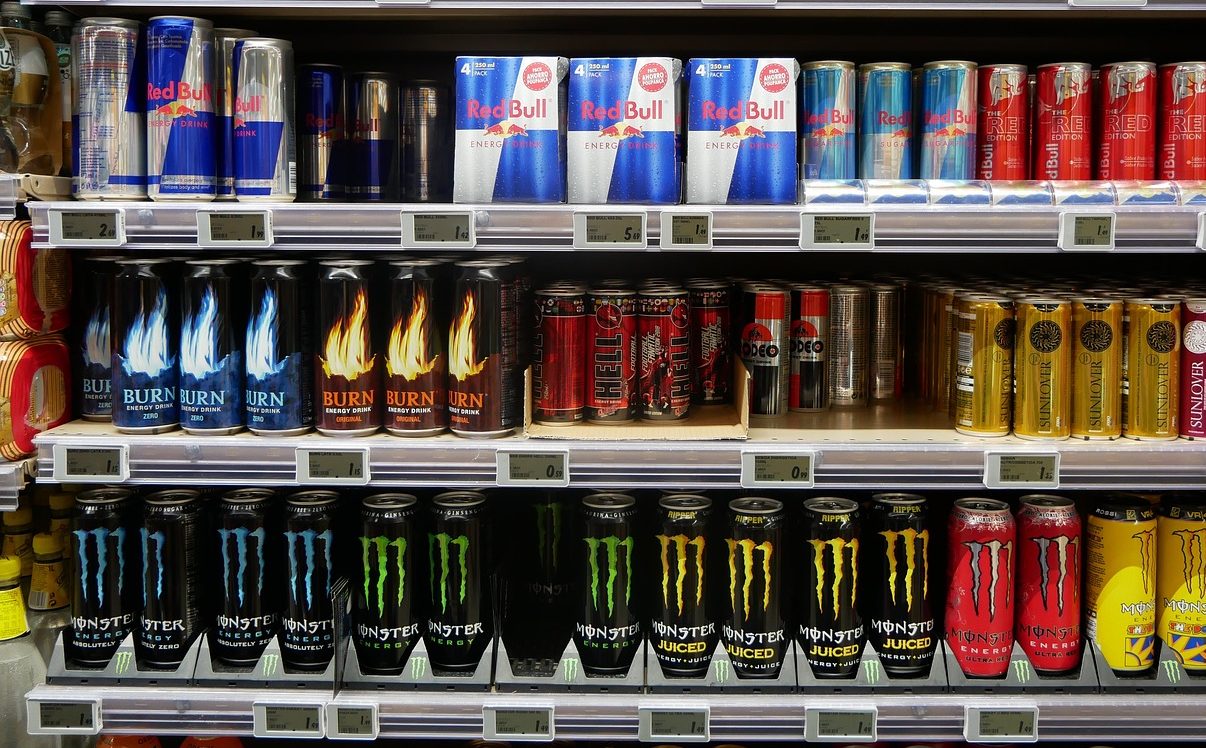
The Hungarian parliament is expected to vote on a ban on the consumption of energy drinks for under-18s in the spring.Continue reading

With 174 votes in favor, MPs unanimously adopted a proposal on protecting children’s health, prohibiting the sale and serving of energy drinks to those under the age of 18.
Violators of the regulation will be subject to the same penalties as those who violate the rules on the sale of alcoholic beverages, tobacco products, and sexual products. The law will enter into force on the 30th day following its promulgation.
According to the explanatory memorandum,
the proportion of energy drink consumers in the under-18 age group is steadily increasing, with recent surveys showing that 10% of secondary school and upper school students consume energy drinks on a daily basis.
In recent years, there have been hundreds of cases where young people have required medical attention due to excessive consumption of energy drinks.
The available expert opinions—from the Hungarian Society of Cardiology and the National Center for Public Health and Pharmacy —unanimously state that excessive consumption of energy drinks by young people poses a significant health risk due to its effects on the cardiovascular system.
The combined consumption of energy drinks and alcohol can cause permanent damage to the liver, heart, and kidneys.
Energy drinks have many harmful effects, such as the extremely high levels of caffeine and sugar in them, which could pose a serious risk to the younger consumers, as was highlighted by the Young Families’ Club (FICSAK) last year. The club made an opinion survey on the topic that was answered by nearly a thousand people. The results showed that 98.8 percent of respondents agreed that commercial energy drinks should not be available to underage children.
On Tuesday, parliament voted on other matters as well. MPs passed an amendment to laws related to the obligation of Members of the European Parliament (MEPs) to declare their assets by a vote of 136 to 40. According to the preamble of the law submitted, in order to strengthen public trust, MEPs are required to declare their assets in accordance with strict Hungarian transparency standards.
The legislation stipulates that
MEPs will lose their mandate if they are found to have violated the asset declaration requirements.
Compliance with this obligation will be monitored by the National Election Commission, which will initiate proceedings ex officio if an MEP fails to submit an asset declaration. After taking office, and then every year by January 31, as well as when their term ends, MEPs have to declare their assets and those of their family members. Only the MEP’s asset declaration will be public. Under the new rules, MEPs must make a declaration of assets within 44 days of the law coming into force.
Parliament also voted on extending the personal income tax exemption. From October 1 this year, mothers with three children will be exempt from paying personal income tax, regardless of their age; this was adopted with 170 votes in favor, one against, and two abstentions.
In addition, from July 1 this year, mothers will receive 70 percent of the baby care allowance (CSED) even while working, once their child reaches the age of three months;
this was adopted with 168 votes in favor and four abstentions. The aim of the amendment, initiated by government MPs, is to help mothers with young children return to work, strengthen parents’ freedom of choice, and contribute to improving the financial situation of families. The baby care allowance can be received by the mother (or in certain cases another person) for 24 weeks from the birth of the child, provided that she was insured for at least 365 days in the previous two calendar years.
Parliament also voted 169 in favor, with one against and two abstentions, to introduce a four-stage exemption from personal income tax for mothers of two children, which will apply to all mothers of two children from January 1, 2029.
At Tuesday’s session, parliament approved a bill on amendments to the law prohibiting the production, use, distribution, and promotion of drugs by 143 votes to 19, with 13 abstentions. The government has declared zero tolerance for drugs, with the aim of completely eradicating the use, distribution, and promotion of drugs and illegal mind-altering substances. The changes will create a legal framework for more effective action against drug trafficking, distribution, and consumption, including stricter laws on law enforcement and criminal justice measures and the protection of minors.
Via MTI, Featured photo via Pixabay